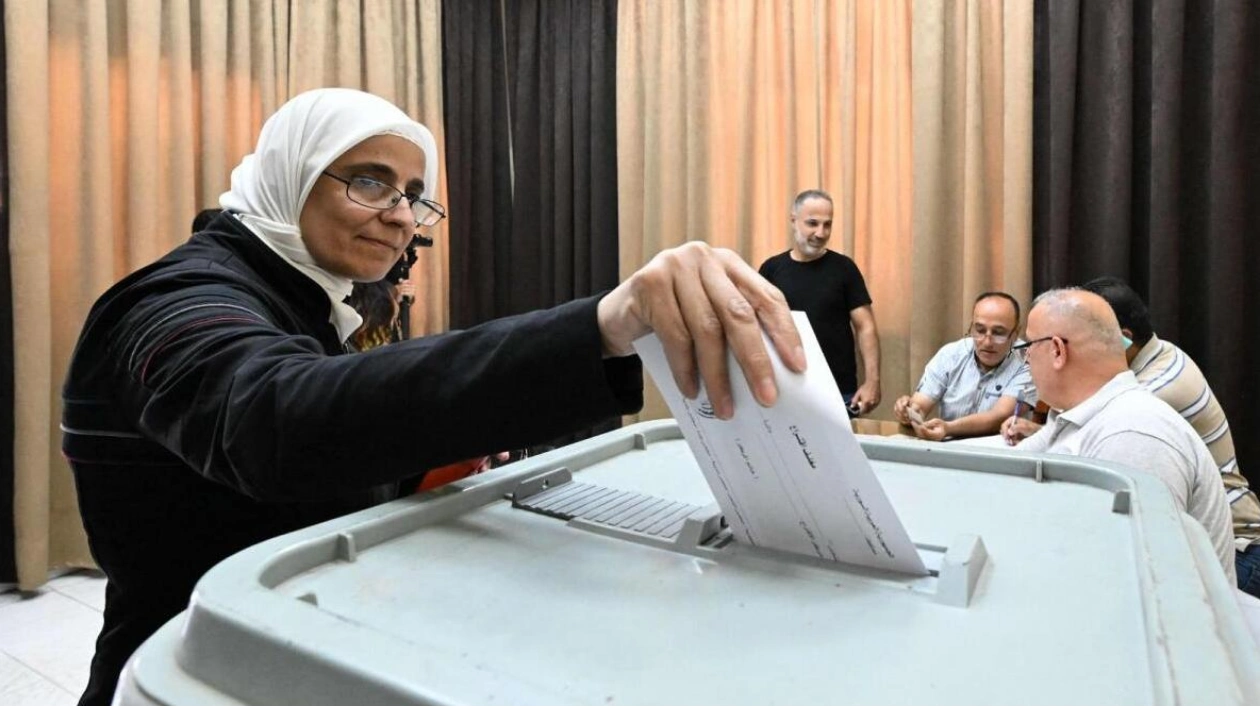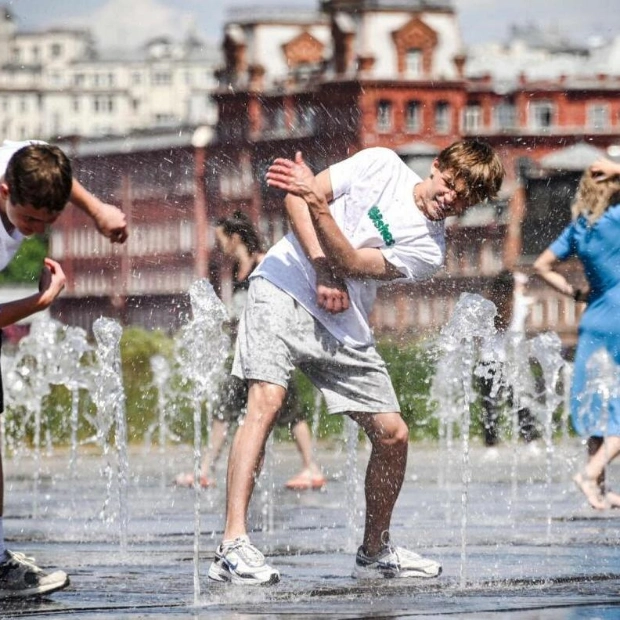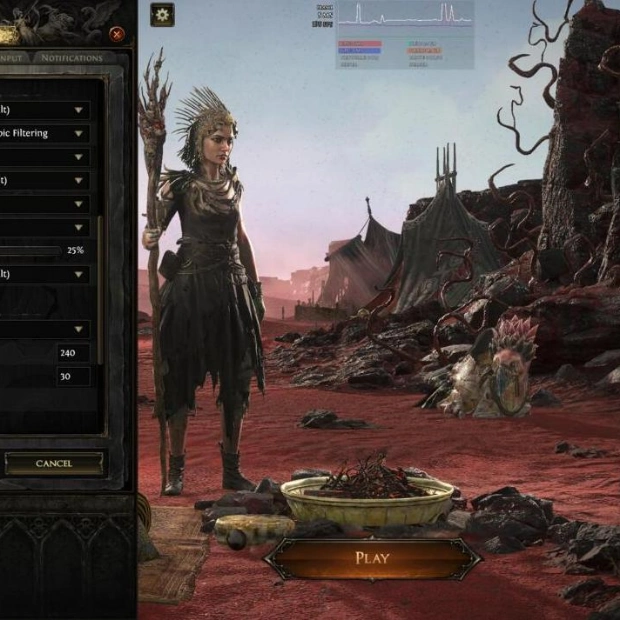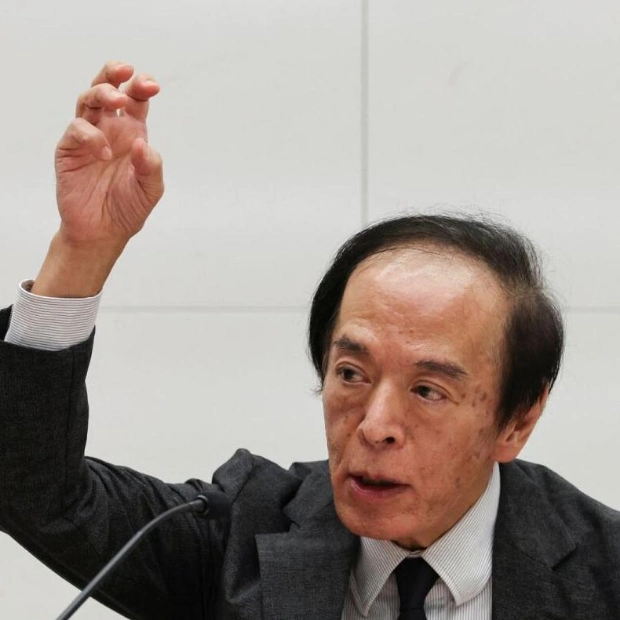On Monday, Syrians residing in government-controlled regions participated in their fourth parliamentary election since the outbreak of the civil war in 2011, a vote anticipated to maintain President Bashar Al Assad's ruling Baath party in power.
Although voting was largely peaceful across most regions, a war monitor and a local media source reported protests against the election in southern Sweida province, the core area of Syria's Druze minority, which has experienced ongoing demonstrations for nearly a year. The Baath party, which has been in power since 1963, along with its secular left-wing and Arab nationalist allies, are virtually unopposed in this election, with independents being the sole alternative. Over 1,500 candidates are vying for 250 seats in the predominantly symbolic parliament, as stated by Syria's Supreme Judicial Elections Committee.
The presidency released images of Assad casting his vote at a polling station in Damascus, one of approximately 8,150 voting stations in government-held areas. His Baath party is expected to secure the majority of seats in this legislative election, held every four years. Bodoor Abu Ghazaleh, a 49-year-old health ministry employee, was among the dozens voting at a station in Damascus, emphasizing the importance of electing capable individuals and avoiding past mistakes of voting for unchangeable old names.
In southern Sweida province, the Syrian Observatory for Human Rights reported that demonstrators had attacked polling centers in several towns and villages. Since 2020, sporadic protests against worsening economic conditions have occurred in Sweida, with the most recent surge beginning in August last year following the government's reduction of fuel subsidies. Protesters' demands included the downfall of the regime. The Britain-based Observatory, which monitors Syria's 13-year conflict, noted that some protesters had damaged or set fire to ballot boxes. Social media footage from local news outlet Suwayda24 showed dozens of protesters in Sweida city, with one holding a sign stating "Only the corrupt vote for the corrupt." Suwayda24 also reported that one person was injured when security forces fired randomly during a demonstration in the city, while another video from the province showed people discarding or tearing up ballots.
Syrian security forces have a minimal presence in the province, where Damascus has overlooked the tens of thousands of Druze men who refuse to undertake compulsory military service. With the support of key allies Iran and Russia, Damascus has regained control over much of the territory lost early in the Syrian civil war, which began in 2011 with the suppression of anti-government protests. The conflict has escalated into a multifaceted battle involving foreign armies and militants, resulting in over 500,000 deaths and the displacement of millions. Syrians living in Kurdish-controlled northeast areas, regions held by Ankara-backed rebels along the northern border with Turkey, and in the militant-controlled Idlib stronghold in the northwest are effectively disenfranchised. Candidates are still contesting seats in these regions, but only voters in government-held areas can cast their ballots at specially designated polling stations. Polling stations will remain open until 7 pm. Millions of Syrians who have fled abroad during the conflict are also denied the right to vote. Syria's exiled opposition recently denounced the election as "absurd," stating that polls organized by the government "only represent the ruling authority" in the absence of a political resolution to the conflict. Efforts by the United Nations to achieve a political settlement have repeatedly failed, and talks since 2019 on revising the country's constitution have also stalled.






